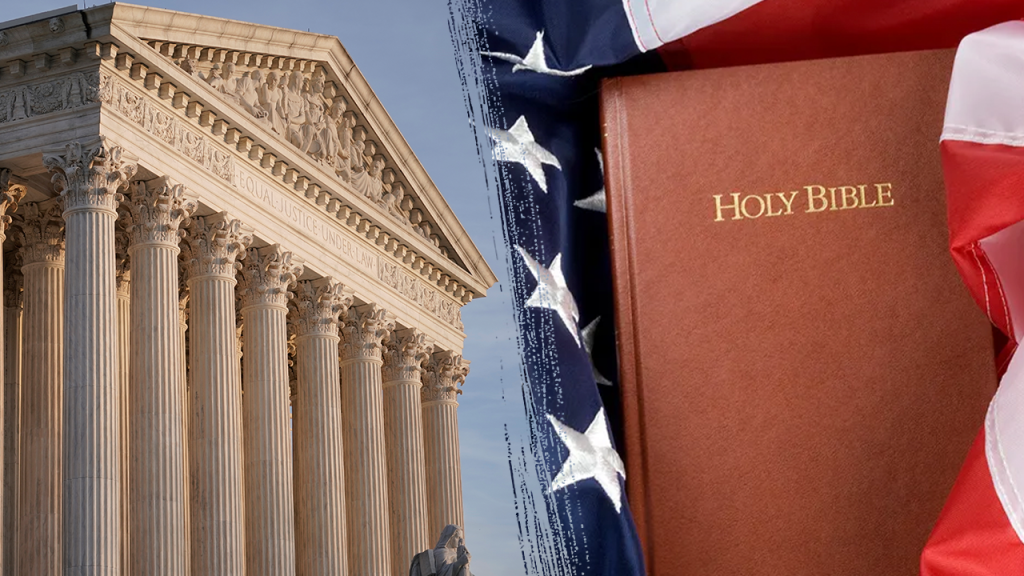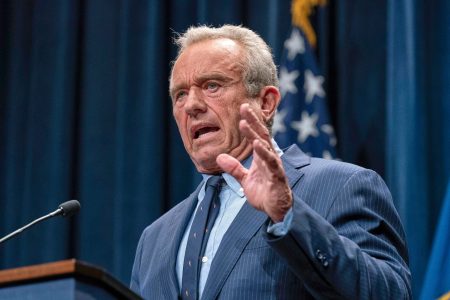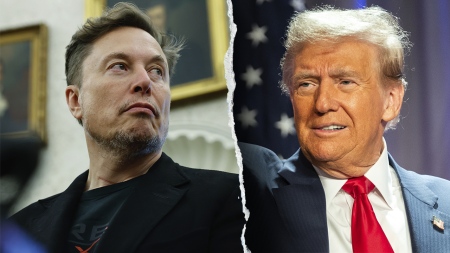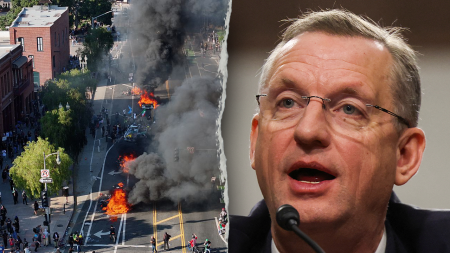The Supreme Court’s decision to hear the case of St. Isidore of Seville Catholic Virtual School versus the Oklahoma Statewide Charter School Board has ignited a national debate concerning the separation of church and state in education, the boundaries of school choice, and the constitutional rights of religious institutions. This case revolves around the Oklahoma Statewide Virtual Charter School Board’s 2023 approval of an application by the Roman Catholic Archdiocese of Oklahoma City and the Diocese of Tulsa to establish St. Isidore of Seville, a K-12 online charter school. The approval was immediately met with resistance from Oklahoma parents, faith leaders, and an education group who sought to prevent the school’s operation.
The central legal question in this case is whether a publicly funded charter school can operate under a religious framework. The Oklahoma Supreme Court ruled against the establishment of St. Isidore, asserting that a taxpayer-funded religious charter school violates both the First Amendment’s Establishment Clause, which prohibits government endorsement of religion, and the Oklahoma state constitution, which mandates nonsectarian public schools. The court argued that allowing St. Isidore to operate as a state-sponsored institution while simultaneously implementing a Catholic curriculum constitutes an impermissible merging of church and state.
Proponents of St. Isidore, represented by the Alliance Defending Freedom, argue that denying religious organizations the right to participate in charter school programs constitutes religious discrimination. They contend that the state’s exclusion of religious entities from the charter school system, despite allowing secular private organizations to participate, contradicts Supreme Court precedents that prohibit discrimination against religious organizations in public programs. Their argument hinges on the principle of school choice, asserting that allowing religious charter schools expands educational options for parents and families.
Oklahoma Attorney General Gentner Drummond, who initially challenged the school’s approval, maintains that the establishment of a state-sponsored religious charter school is unconstitutional. He argues that such a precedent would open the door to taxpayer funding of a wide range of religious indoctrination, including potentially extremist ideologies. Drummond emphasizes his commitment to protecting religious liberty for all Oklahomans, but asserts that this must be balanced against the constitutional prohibition against state establishment of religion. He believes allowing St. Isidore would breach this fundamental separation, forcing taxpayers to finance religious instruction they may not endorse.
This case arrives at the Supreme Court amidst a backdrop of increasing legal battles surrounding religious institutions and public funding. The Court’s recent rulings on related cases offer conflicting precedents and do not provide a clear indication of how it might rule in the St. Isidore case. While the Court has ruled in favor of religious organizations in some cases involving public funding, it has also upheld the principle of separation of church and state in others. The Court’s 2017 decision favoring a Missouri church seeking taxpayer funds for a playground project and its 2020 and 2022 decisions supporting religious schools’ access to public funding programs in Montana and Maine, respectively, offer potential support for St. Isidore’s proponents. However, these cases differ in specific details from the current dispute, making the outcome uncertain.
The St. Isidore case has broader implications for the evolving landscape of school choice, a topic increasingly prominent in political discourse. The intersection of school choice and religious freedom is becoming a contentious battleground, particularly as some advocate for expanding publicly funded school choice programs to include religious institutions. The Supreme Court’s decision in this case could significantly impact the future of charter schools and potentially other school choice initiatives nationwide. The ruling has the potential to either reinforce the wall of separation between church and state in education or significantly redefine the relationship between public funding and religious schools. With Justice Amy Coney Barrett’s recusal, the Court’s decision will be determined by the remaining eight justices. Oral arguments are scheduled for April, and the nation awaits a decision that could reshape the future of American education. The ruling will have far-reaching consequences, affecting not only Oklahoma but potentially establishing a nationwide precedent impacting the relationship between religious institutions and public education.










